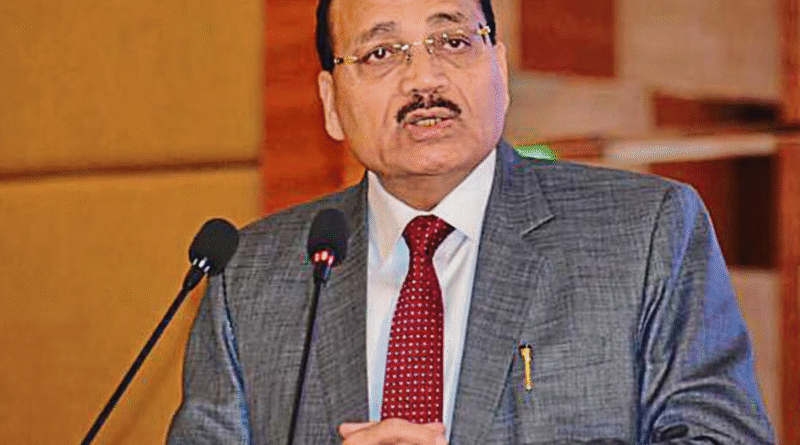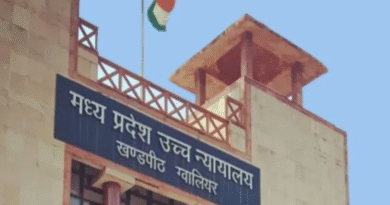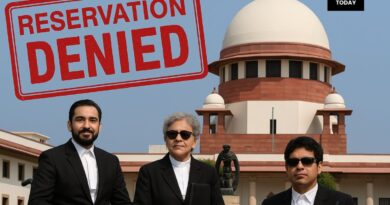Justice Surya Kant: “Justice Must Reach the Last Person First”
At the inaugural Human Rights Oration hosted by the Bar Association of Sri Lanka, Supreme Court of India Judge Justice Surya Kant emphasised that justice must reach the last person first, and that legal aid plays a vital role in making this possible.
Speaking on the theme “Strengthening a Legal Aid System to Achieve Human Rights of Marginalized and Minorities: The Indian Case Study”, Justice Kant said that India’s legal aid network ensures access to justice is not a distant dream but a living reality.
He noted that India’s legal aid authorities, under the National Legal Services Authority (NALSA), work proactively to reach people who need help, rather than waiting for them to approach the system.
“Each time a prisoner regains freedom through a legal aid petition, a widow receives her pension after years of neglect, or a child in conflict with the law finds reform instead of retribution—the Constitution’s promise breathes anew,” Justice Kant said.
He explained that through NALSA and its three-tier structure of State, District, and Taluka Legal Services Authorities, India has developed one of the most inclusive legal aid frameworks in the world.
“The aim is simple—no citizen should be denied justice due to financial or social barriers,” he added.
Justice Kant highlighted that India currently has over 37 State Legal Services Authorities, 709 District Authorities, and more than 2,000 Taluka Committees, ensuring free representation, legal awareness, and dispute resolution at the grassroots.
He also praised the use of technology in expanding access to justice. Initiatives like NALSA’s Tele-Law programme have enabled over six million online consultations, allowing people in remote areas to receive legal advice through video and phone facilities.
Tracing India’s legal philosophy from ancient texts to modern institutions, he said that India’s approach is rooted in its civilisational values. The journey from Kautilya’s Arthashastra to NALSA’s modern initiatives reflects that legal aid is not charity—it is a lifeline that keeps democracy alive.
Justice Kant also underlined the importance of community involvement in sustaining justice.
“While strong institutions can deliver justice, only an engaged citizenry can sustain it,” he observed.
He further appreciated the efforts of law universities in India that promote social responsibility among law students through legal aid clinics, where students draft petitions, assist citizens, and conduct awareness drives.
Referring to landmark Supreme Court rulings such as Hussainara Khatoon v. State of Bihar and Suk Das v. Union Territory of Arunachal Pradesh, Justice Kant said that the right to free legal aid and a speedy trial form a core part of Article 21 of the Constitution.
Drawing global comparisons, he acknowledged legal aid systems in Sri Lanka, South Africa, and Brazil, noting that all share the goal of bridging human rights principles with practical justice.
Concluding his address, Justice Kant remarked:
“India’s experience is not a model to copy, but a vision to inspire. Every country must shape its own path, guided by one belief—that legal aid is the first line of defence against the erosion of human rights.”





